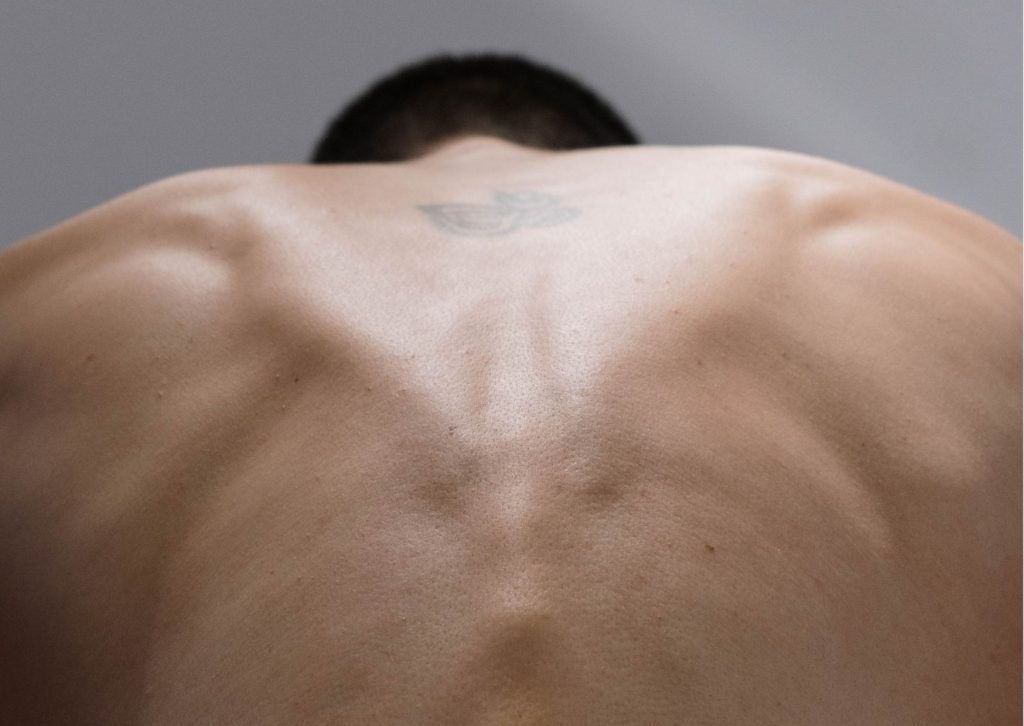World Spine Day, celebrated on October 16, aims to raise awareness on spine health. This includes good posture, resting and caring for your spine. Even after a spinal injury, there are things that you can do to better care for your spine.
It starts with ensuring that you are resting your spine correctly. A professional massage, for example, can help to relax the muscles around the spine, which are put under tremendous strain when remaining seated all day. In addition, sleep is the perfect opportunity for the spine to recover – especially when done correctly.
When lying down, you want to ensure that your spine can relax and recover from the strain placed on it during the day. It is recommended to sleep on a firm or medium-firm mattress that supports the spine. A soft mattrass allows the spine to sag.
In addition to ensuring the spine is aligned, you also want the spine to naturally align. When sleeping on your back, place a pillow beneath your knees to remove the stress placed on your lower back. When sleeping on your side, place a pillow between your knees. This ensures that the hips are balanced. A neck pillow can also assist with supporting the cervical spine.
Equipment, such as wheelchairs and cushions, play an important role in maintaining good posture. If the equipment is older, it might not function as it should. There might be new technology that would better suit your injury or your mobility might have declined, which might require equipment that provides better support. Be sure to update your equipment regularly and consult a seating specialist on the best product for your level of mobility.
Exercising your core (stomach) and back can also assist in keeping your spine healthy. A strong core and back supports the spine. Swimming or exercising in water is a great way to strengthen the core and back without putting additional strain on the spine.
The prevention of spinal cord injuries are crucial to spine health – a strong focus for QASA through its prevention programmes. Motor vehicle accidents is a big contributor to spinal cord injuries. Therefore, QASA has its Road Safety, Early Intervention and Prevention Programme, which warns the public against the risks of distracted driving, for example cell phone use.
This programme includes the “Buckle Up – We Don’t Want New Members” campaign, which encourages the use of seatbelts and safe driving. QASA also cautions the public about diving into rivers, dams, pools or the sea when you aren’t sure of the depth as this can lead to injury.
Take some time this week to care for your spine and spread awareness on the importance of spine health and preventing spinal cord injuries. It is, after all, the backbone to your health!

